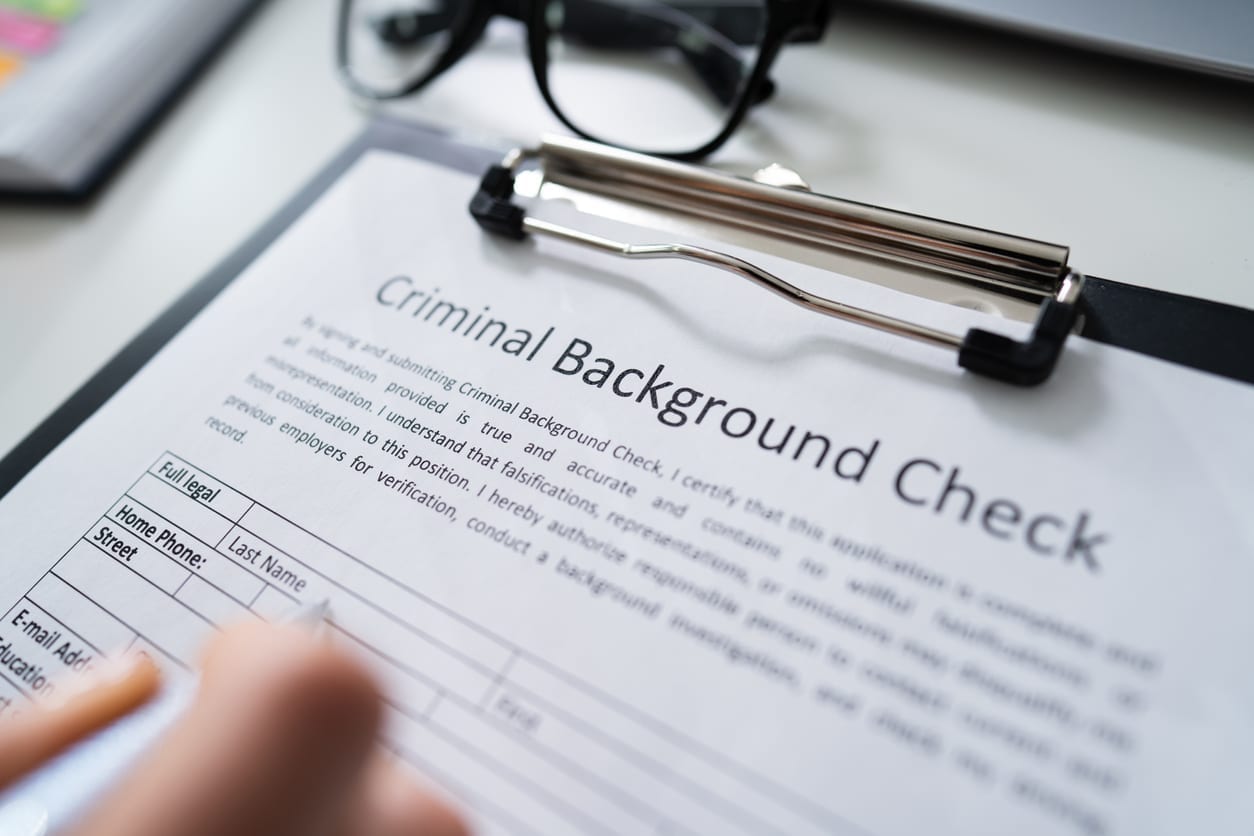Whether you can clear your record and criminal history depends on a few factors. But, in many cases, you have options to both clear it and keep it private. To clear your record, you can get an expungement. To keep it private, you can get your record sealed. Pardons and commutations also impact your criminal history. Deciding which one or ones of these might help you depends on many different things.
What does it mean to seal a record?
Sealing a record means that your criminal record is not readily available to the public Instead, people will need a court order to “unseal” it. But when your record is sealed, it is not cleared. This means that the records are still there even though most people will not be able to see it.
What does it mean to expunge your record?
When your record is expunged, the record of your arrest, charges and conviction are actually removed from the court’s records. This doesn’t just make your criminal history harder to find. It actually removes it from the official record.
That is not to say, however, that record of your criminal history no long exists. The public may still be able to find information about arrests, charges and convictions online. Certain government offices will have access to expunged records, too.
Do any states automatically clear your record?
Yes, but only for low-level crimes. There are 11 states that currently have some form of this automatic process:
- California,
- Illinois,
- Michigan,
- New Jersey,
- New York,
- Pennsylvania,
- South Dakota,
- Utah,
- Vermont, and
- Virginia.
These states usually clear records for misdemeanors and some low-level felony offenses. But, each state has different policies.

Are there states that will not let you clear your record?
Yes. There is not always the option to expunge or seal your record. One example is Arizona. However, in Arizona, you can request a “Set Aside.” This does not clear your record. But it does show that you have completed all penalties associated with the crime on your criminal record. And some employers and schools look favorably upon that effort.
Is one way better than the other?
It depends on what your goal is. As you can see, sealing your record is different from expunging your record. Expunging your record is usually better. It removes the arrest, charges and convictions from your record. Sealing a record only hides it from public.
If you are looking for employment, applying for housing or trying to get into a school, sealing or expunging your record get the same outcome. But neither process is perfect, and you should still keep in mind that people can find your record.
Does the nature of my conviction matter when trying to clear your criminal record?
Yes. Some crimes cannot be cleared from your criminal record. These charges include violent crimes, sex-related offenses and others.
The Takeaway:
For the most part, there are two ways to clear your criminal record. Sealing your record clears your criminal history from the public. Expunging your record clears a conviction from your record. Expungement can be the better option. Depending on your charge and what state you are in, your record may be sealed or expunged automatically. However, there are certain cases where a criminal record cannot be sealed or expunged.






